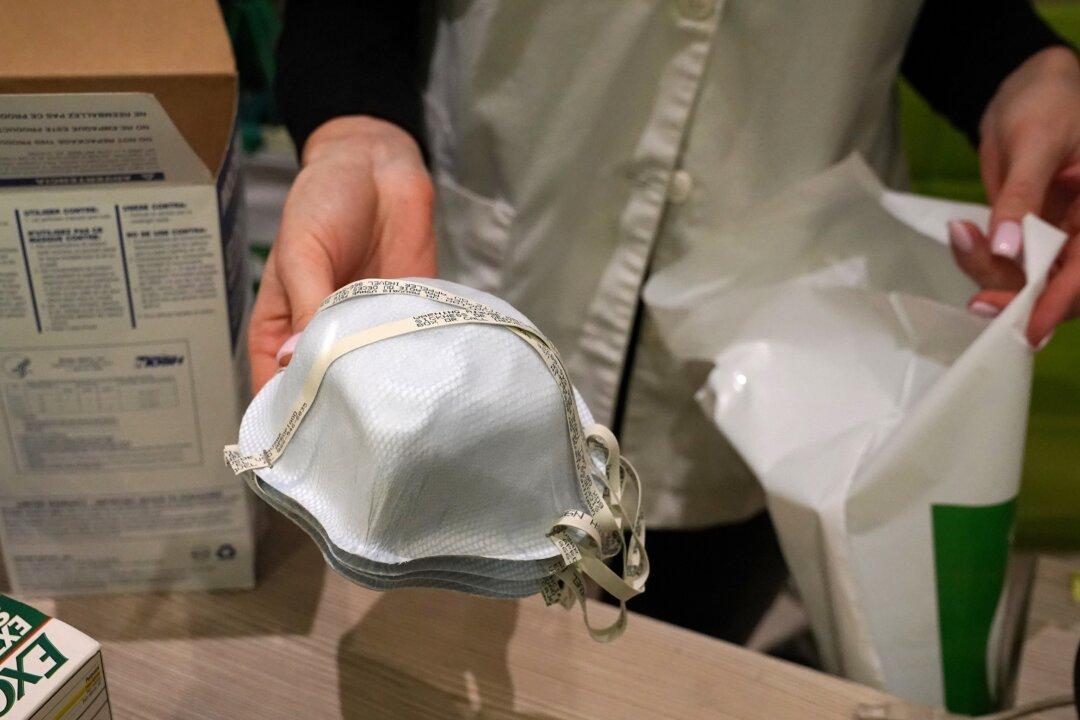The Pentagon has ordered 60 machines that will be able to disinfect more than 4.8 million N95 protective masks a day.
The Department of Defense on April 13 announced that new decontamination units produced by Battelle—at a total cost of $415 million—will be able to clean each mask up to 20 times.





